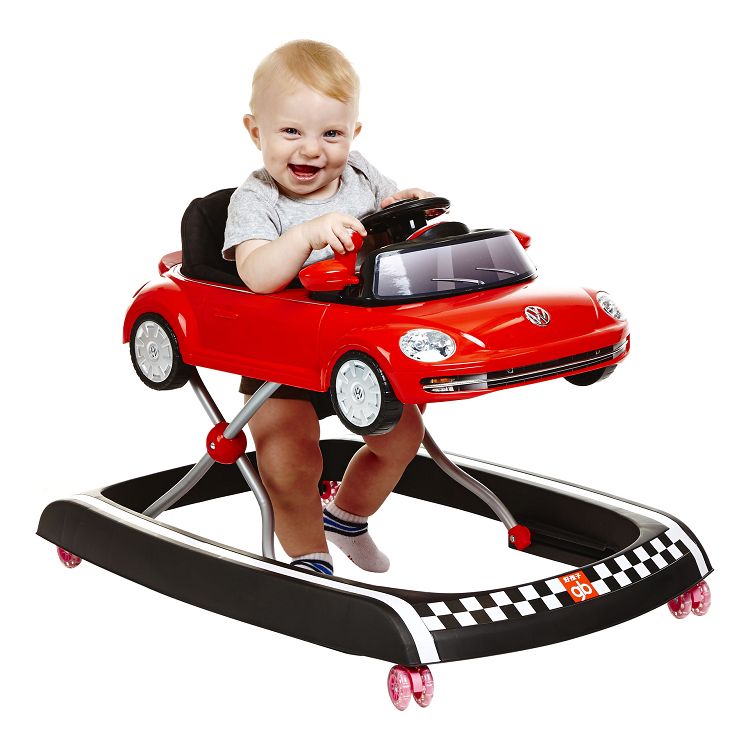
Title: Adaptive Walkers for Children with Special Needs: Enhancing Mobility and Independence
Adaptive walkers play a vital role in supporting children with special needs, offering customized solutions to improve mobility, independence and quality of life. These specialized devices are designed to address the unique challenges faced by children with a variety of physical, cognitive, and developmental disabilities, allowing them to move around their environment safely and confidently. In this article, we'll look at the value of adaptive walkers for children with special needs, highlighting their features, benefits, and impact on mobility and independence.
-
Personalized support and customization:
- Adaptive walkers are customized to suit each child's specific needs and abilities, with adjustable features such as height, width and support options.
- Therapists work closely with children and their families to ensure that walkers are tailored to the child's unique needs, providing optimal support and comfort during use.
-
Improved posture and stability:
- Adaptive walkers promote proper postural alignment and stability, addressing problems such as poor balance, muscle weakness, or orthopedic conditions.
- Adaptive stability walkers help children maintain an upright posture and proper spinal and lower body alignment, reducing the risk of falls and increasing overall stability.
-
Increased mobility and functional independence:
- Adaptive walkers improve the mobility and functional independence of children with special needs, allowing them to navigate their environment with greater ease and confidence.
- With the help of walkers, children can participate in daily activities such as walking, playing and socializing, promoting engagement and active interaction with the world around them.
-
Safety and fall prevention equipment:
- Adaptive walkers are equipped with safety features such as locking brakes, non-slip handles and anti-tip mechanisms to prevent accidents and keep your child safe during use.
- These safety measures provide peace of mind for parents and caregivers, allowing children to explore the world and move freely without the risk of injury or falls.
-
Therapeutic benefits and rehabilitation support:
- Adaptive walkers offer therapeutic benefits and support rehabilitation goals for children with special needs by promoting muscle strengthening, coordination, and motor skill development.
- Therapists incorporate walkers into individual treatment plans to address specific functional limitations and promote progress toward mobility and independence goals.
-
Promoting socialization and peer interaction:
- Adaptive walkers promote socialization and peer interaction by allowing children to participate in group activities, games, and fun outings with their peers.
- Through sharing experiences and interacting with friends, children using adaptive walkers develop social skills, communication abilities, and a sense of belonging to their peer group.
-
Empowering and building trust:
- Adaptive walkers allow children with special needs to develop their abilities, engage in active activities and assert their independence in everyday life.
- By providing essential support and assistance, adaptive walkers instill confidence and self-esteem in children, developing a positive sense of identity and independence.
-
Family involvement and support:
- Adaptive walkers engage families as active partners in their child's care, providing support, guidance, and resources to optimize their child's use of the device.
- Families play a critical role in advocating for the child's needs, facilitating access to appropriate equipment and therapeutic services, and creating a supportive environment for the child's growth and development.
In conclusion, adaptive walkers are an invaluable tool for children with special needs, offering personalized support, mobility assistance, and therapeutic benefits to improve their quality of life and encourage independence. Through the collaborative efforts of therapists, families, and health professionals, children can access the resources and support they need to thrive and succeed in all aspects of life. Adaptive walkers not only promote physical mobility, but also enable children to reach their full potential, overcome challenges, and seize opportunities for growth and achievement.






